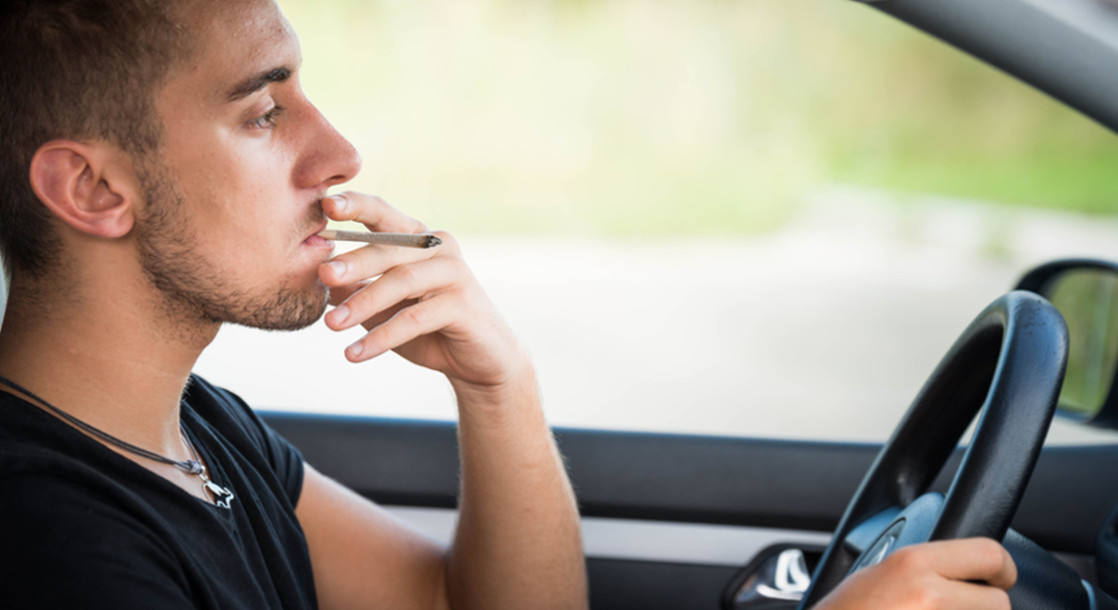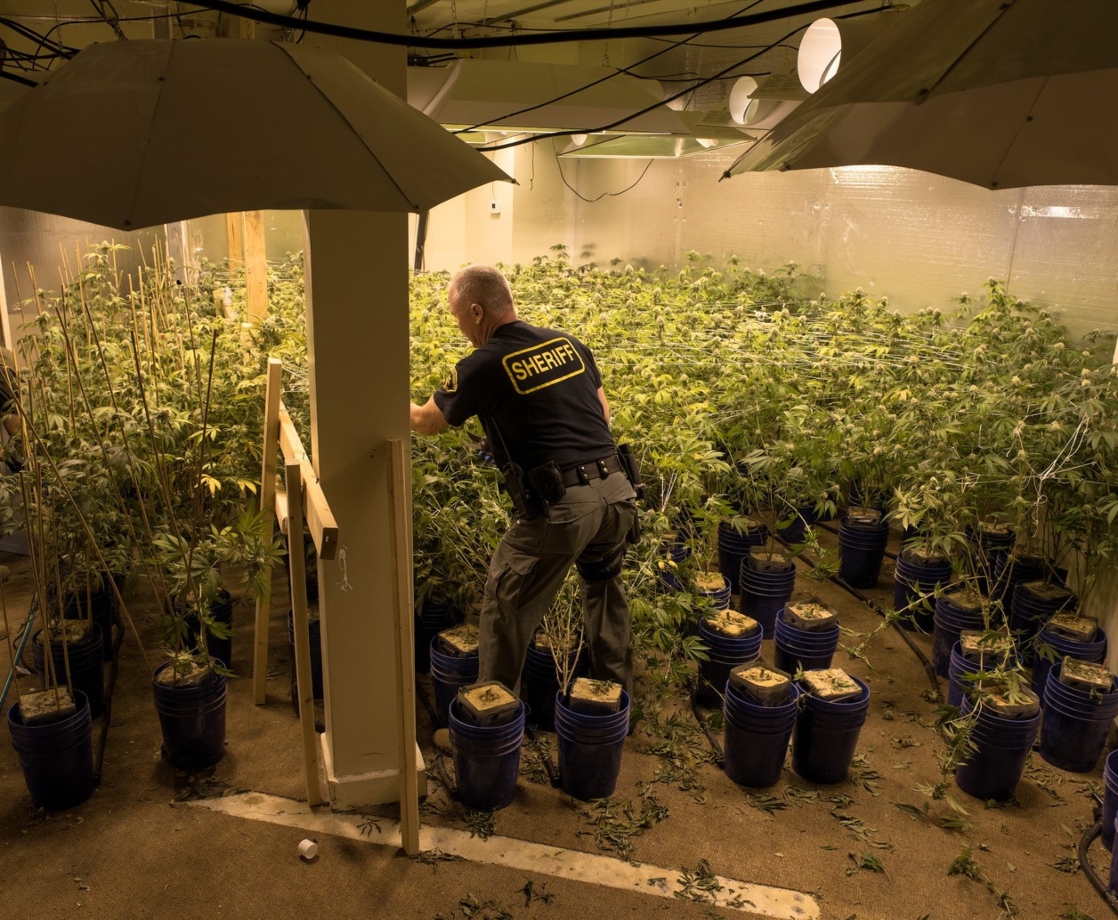Photo via iStock/ sestovic
As the first state to legalize cannabis for adult-use sale and consumption, Colorado has been ahead of the curve on canna-business, tourism, and social use for the last half-decade. But as a leader in America’s growing green rush, the Centennial State has also been the first state to confront a number of post-prohibition concerns, with high driving taking a front seat for both policy-makers and researchers.
Now, with Colorado’s Department of Transportation focused on ramping up its drugged driving awareness campaigns, the Coloradoan reports that a new study from Colorado State University claims that nearly one-quarter of the state’s young adults have ridden in a car with a driver they knew was stoned.
The study, published in the Journal of Studies on Alcohol and Drugs this month, examined data from Colorado’s NEXT Generation Health Study, a survey of young adults one or two years removed from high school collected from 2013 – 2014.
Looking at how frequently Colorado’s young adults ride with impaired drivers, CSU researchers found that 23% of respondents reported riding with a stoned driver, while 20% admitted to being a passenger to a driver under the influence of alcohol, and 9% admitting they had been in cars with drivers who had consumed other illicit drugs.
For CSU researchers, the data raised concerns about laissez-faire attitudes among young drivers, who may not have been of legal age to consumer cannabis at the time of the survey, but can now purchase cannabis legally and may be more likely to engage in risky behavior behind the wheel.
“The high rates of [riding with a marijuana-impaired driver] have important implications. As more states in the United States legalize marijuana, its use may become more prevalent among teenagers and young adults, with increases in impaired driving and riding and crashes,” the CSU study’s authors concluded.
However, while CSU researchers were quick to cite headlines claiming cannabis-related car crashes have increased in in the years since Colorado legalized adult-use marijuana to support their findings, concurrent research has rejected those larger drugged-driving claims.
Because cannabis stays in users’ system for up to a month after last consumption, and no broadly accepted time-sensitive marijuana intoxication test currently exists, any claims about weed’s influence on car accidents can be based only on inconclusive blood and urine tests or self-reporting.
Still, as Colorado officials and law enforcement officers continue to shift their attention away from arresting cannabis users towards keeping them safe, the Colorado Department of Transportation (CDOT) has repeatedly publicized drugged driving as a primary concern, teaming up with rideshare app Lyft to offer cannabis users discounts and disseminating their own surveys to find out more about the state’s 420-friendly drivers.
According to High Times, CDOT’s latest form of drugged driving outreach is an online questionnaire aimed at sussing out the cannabis habits of Rocky Mountain drivers, with questions like “When you are high, how do you get around?” and “How often do you drive?” Because the CSU researchers relied on data from 2013-14, hopefully the new CDOT survey can create a more timely look at Colorado cannabis users’ driving habits.











